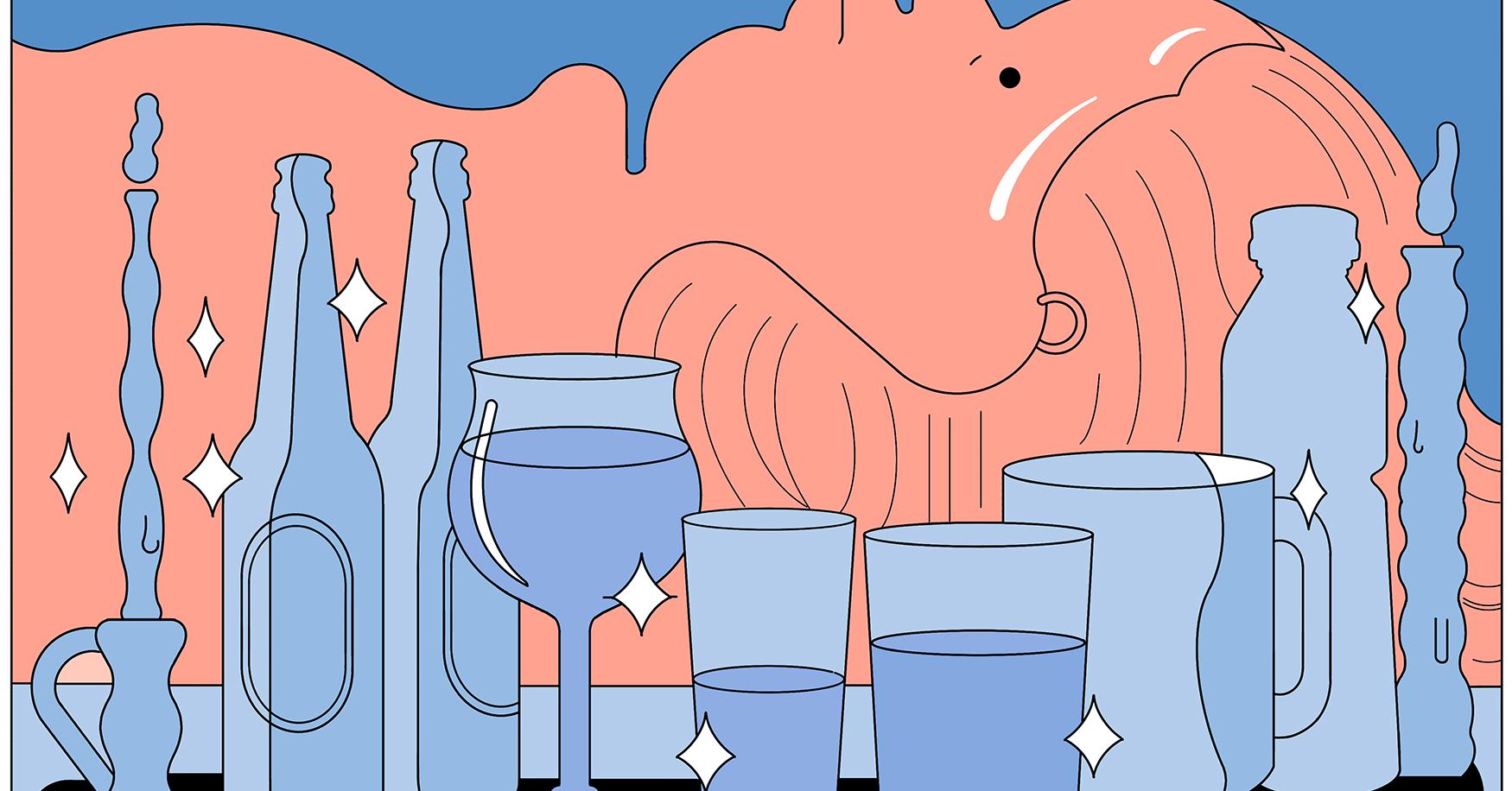Vitamin D supplements do not help prevent disease in most people, according to a new study published Wednesday in the British Medical Journal. Vitamin D, on the other hand, is useful for maintaining healthy bones, muscles and teeth in people at high risk.
Vitamin D. effective only for people at risk PHOTO Pixabay
Vitamin D is produced naturally by the skin when exposed to sunlight, this vitamin is needed to maintain healthy bones, teeth and muscles and to prevent them from becoming brittle and at risk of fracture.
But a review of evidence from clinical trials on the impact of supplements found that trying to get vitamin D through supplements isn’t all that beneficial.
“We have concluded that the current evidence does not support the use of vitamin D supplements to prevent disease,” Mark Bolland, associate professor of medicine at the University of Auckland, New Zealand, said in a statement. Bolland led the research with Alison Avenell, a clinical research chair in health sciences at the University of Aberdeen.
Efficiency, only for people at risk
According to the team, clinical trials have failed to show that supplementation reduces the risk of falls and bone and muscle fractures. But they acknowledge it could be beneficial in people at high risk, such as those in nursing homes and people with darker skin who live in cold climates.
For those at risk, the researchers recommend supplements during the fall and winter, but also suggest getting advice on how best to get vitamin D naturally. “Vitamin D will protect those at high risk,” Avenell said.
In the spring and summer, in remote regions of the northern and southern hemispheres, such as the northern US and New Zealand, people tend to make enough vitamin D through sunlight on their skin and through food in their diet. The vitamin helps the body absorb calcium to promote bone growth.
Prevents rickets in children
Getting enough vitamin D, calculated as 15 micrograms for ages 1 to 70 in the United States, also prevents rickets in children and osteomalacia — softening of the bones — in adults. “We are in the business of preventing these diseases,” Avenell said.
But during the fall and winter, levels drop. It helps to eat the right foods, such as fatty fish, egg yolks, red meat and liver, to keep the levels high inside the body – which not everyone can achieve adequately. Fortified foods, including milk, cereals and spreads, provide the most vitamin D in the average diet, according to the National Institutes of Health. “In the US, vitamin D supplementation (through food) is higher,” Avenell said.
Difficult to obtain from food
In countries like the UK, however, foods are not fortified as often and therefore supplements are recommended. Until recently, recommendations were mainly aimed at people at high risk of rickets and osteomalacia, but this summer Public Health England recommended that everyone take the equivalent of 10 micrograms a day. “This is an important change,” Avenell said. “We don’t think the evidence supports the need for this in the winter.”
In a separate article, also published on Wednesday, Dr Louis Levy, head of nutritional science at Public Health England, said the recommended dose was supported by the Scientific Advisory Committee on Nutrition, which also reviewed the evidence.
“When the days are darker and shorter and sun exposure is minimal, people should consider a daily supplement of 10 micrograms of vitamin D, as it is difficult to get enough through diet alone,” he said in a statement.
No conclusive evidence
But Avenell’s research says supplements don’t make a difference. “They are unlikely to do any harm,” she said. “But in the adult population, supplementation at Public Health England levels does not prevent falls or fractures.”
The research was also inconclusive about other benefits claimed to be associated with vitamin D. “We have seen no conclusive evidence that vitamin D protects against other conditions such as heart disease or cancer (or ),” she said.
The pros and cons of vitamin D have long been debated, but with this review questioning their benefits — except for those at high risk — many experts have hit back, fearing the consequences if people stop taking them.
2023-10-09 10:22:46
#Vitamin #doesnt #prevent #disease #study #shows #Truth

